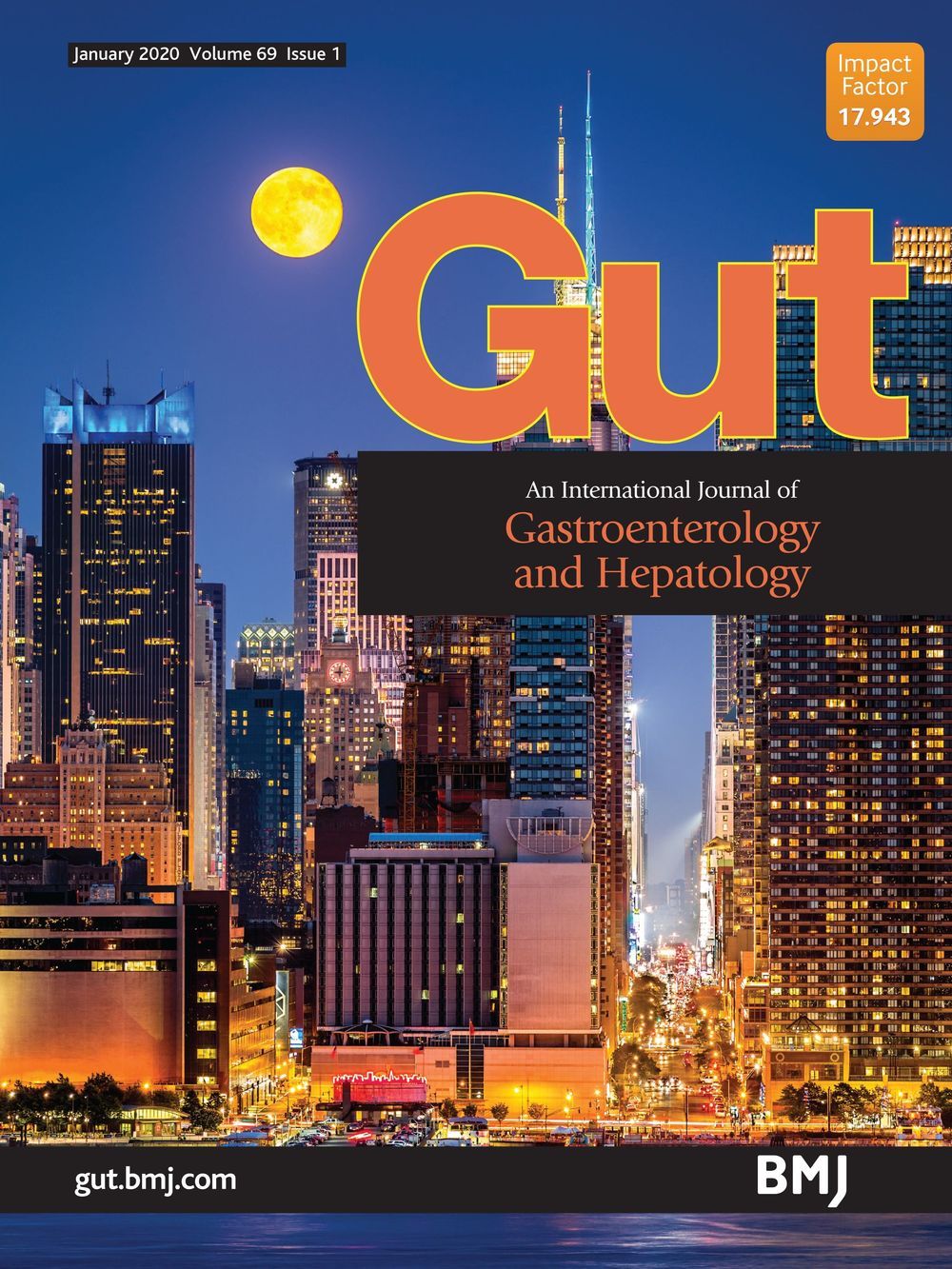Objective Failing to properly repair damaged DNA drives the ageing process. Furthermore, age-related inflammation contributes to the manifestation of ageing. Recently, we demonstrated that the efficiency of repair of diethylnitrosamine (DEN)-induced double-strand breaks (DSBs) rapidly declines with age. We therefore hypothesised that with age, the decline in DNA damage repair stems from age-related inflammation.
Design We used DEN-induced DNA damage in mouse livers and compared the efficiency of their resolution in different ages and following various permutations aimed at manipulating the liver age-related inflammation.
Results We found that age-related deregulation of innate immunity was linked to altered gut microbiota. Consequently, antibiotic treatment, MyD88 ablation or germ-free mice had reduced cytokine expression and improved DSBs rejoining in 6-month-old mice. In contrast, feeding young mice with a high-fat diet enhanced inflammation and facilitated the decline in DSBs repair. This latter effect was reversed by antibiotic treatment. Kupffer cell replenishment or their inactivation with gadolinium chloride reduced proinflammatory cytokine expression and reversed the decline in DSBs repair. The addition of proinflammatory cytokines ablated DSBs rejoining mediated by macrophage-derived heparin-binding epidermal growth factor-like growth factor.
